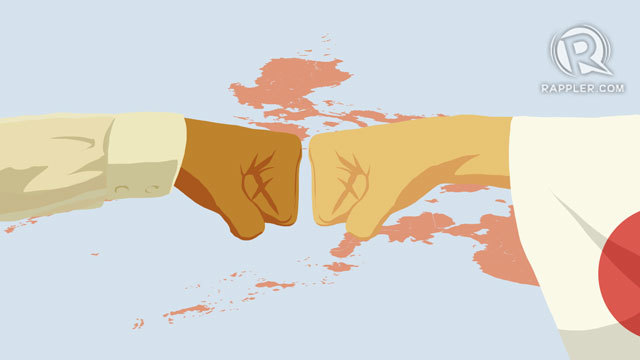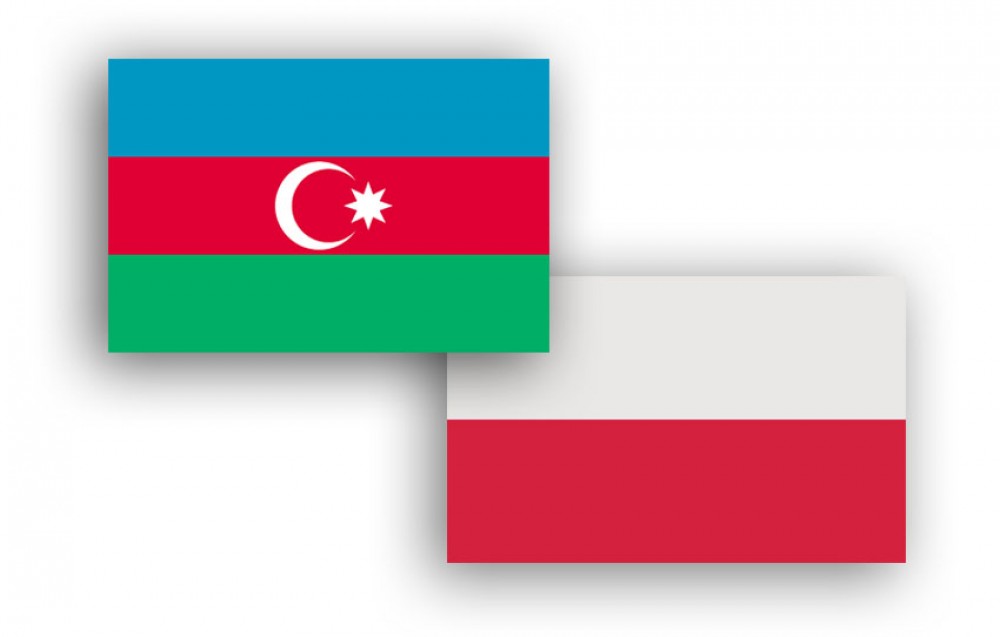EU Observer (12 March 2019)
Andrew Rettman
Uncertainty continued to hang over Tuesday night's (12 March) big vote on Brexit in the UK parliament, as British MPs tried to make sense of last-minute tweaks to the exit deal.
The opposition Labour party indicated it would vote against the accord.
"This evening's agreement with the European Commission does not contain anything approaching the changes [British prime minister] Theresa May promised parliament and whipped her MPs to vote for," Labour leader Jeremy Corbyn said on Monday.
"It sounds again that nothing has changed," his shadow Brexit minister, Keir Starmer said.
Two MPs from May's ruling Conservative party said the same.
"Seems UK is still permanently locked into the EU, but can 'argue' it can leave. The catch? EU decides if we can leave," Adam Afriyie said.
"We're being played," Sam Gyimah, a former Tory minister said.
Nigel Farage, the EU-phobic British MEP for the UK Independence Party, was the most outspoken. "Nothing has changed. Reject. Reject. Reject," he said.
Meanwhile, the so-called Independent Group of ex-Labour and ex-Tory MPs said Brexit ought to be delayed in order to hold a second referendum.
Dominic Grieve, Britain's former attorney general, echoed their position.
"The proper thing to do is to put it back to the public in a people's vote, in a second referendum," he said on Monday.
Afriyie's comment on being "locked into the EU" referred to the so-called 'backstop' - the previous deal that the UK would remain in the EU customs union until it found a mutually acceptable way to avoid a hard border on the island of Ireland.
The backstop prompted a historic majority of 230 MPs to reject the withdrawal deal in January, raising the prospect of a no-deal Brexit on 29 March.
But EU commission president Jean-Claude Juncker and British prime minister Theresa May agreed three new documents at a meeting in Strasbourg, France, late on Monday designed to assuage those fears.
The first one said the UK could start a dispute in an arbitration court to quit the backstop if the EU did not want to let it out.
The second one said the EU and UK would try to find alternative arrangements to the backstop by the end of 2020.
The third one was a unilateral British declaration in which the UK said it could quit the backstop if the talks on alternative arrangements broke down.
Both May and Juncker were emphatic in saying that the tweaks gave the UK the "legally binding" guarantees it needed to avoid being locked in to EU customs rules.
"It [the backstop] would never be a trap, if either side were to act in bad faith, there is a legal way for either side to exit," Juncker said.
The Irish leader had been informed of the details and had backed the latest accord, Juncker added.
"MPs were clear that legal changes were needed to the backstop. Today we have secured legal changes," May said.
The British attorney general, Geoffrey Cox, is to spend Tuesday morning poring over the details of the new texts.
He will then tell parliament whether he agrees with May's interpretation in an opinion that could swing the vote either way when MPs begin casting their ballots at 7PM British time.
Small print
The European Research Group (ERG) - a clique of hardline Brexiteer MPs in May's party - said they would wait and see what both Cox and their own lawyers made of the EU small print.
"I look forward to the full text and the opinion of the team of lawyers we have set up to advise us," ERG member Steve Baker said.
The head of the Democratic Unionist Party from Northern Ireland was also in wait-and-see mode.
"These publications need careful analysis. We will be taking appropriate advice, scrutinising the text line by line and forming our own judgement," DUP leader Arlene Foster said.
If the deal is rejected by a small margin, May is expected to call another vote prior to 29 March.
If it is rejected by more than 50 votes, MPs are to hold subsequent votes on Wednesday and Thursday on whether to go for a no-deal Brexit or to delay the exit date pending further talks.
For his part, Juncker was clear that the EU was not prepared to go further, however.
"There will be no third chance ... It is this deal or Brexit might not happen at all," he said on Monday.
Damage done
The value of the British pound rose in trading on Asian markets at the same time in a sign of optimism on a breakthrough.
But a report by New Financial, a think-tank in London, said damage to British interests has already been done no matter what the outcome, as financial firms shift staff and assets to other EU capitals.
Its "conservative estimate" was that firms had already moved around €1 trillion in assets and were moving around 5,000 staff out of Britain.
Dublin was the biggest beneficiary with some 100 corporate relocations, followed by Luxembourg (60), Paris (41), Frankfurt (40) and Amsterdam (32), it said.
No comments yet.
-
 SIGNING OF ASEAN-JAPAN TRADE PROTOCOL: WHAT THIS MEANS FOR FILIPINOS
Asia - Pacific
12.03.2019
SIGNING OF ASEAN-JAPAN TRADE PROTOCOL: WHAT THIS MEANS FOR FILIPINOS
Asia - Pacific
12.03.2019
- AVIGDOR ESKIN: OPENING OF ARMENIAN EMBASSY IN ISRAEL IS A BREAKTHROUGH The Caucasus and Turkish-Armenian Relations 12.03.2019
- JORDAN, IRAQ START STUDIES TO CREATE INDUSTRIAL ZONE Iraq 12.03.2019
-
 S. KOREA'S MOON WRAPS UP BRUNEI VISIT, HEADS TO MALAYSIA
Asia - Pacific
12.03.2019
S. KOREA'S MOON WRAPS UP BRUNEI VISIT, HEADS TO MALAYSIA
Asia - Pacific
12.03.2019
-
 BAKU TO HOST POLAND-AZERBAIJAN BUSINESS FORUM
The Caucasus and Turkish-Armenian Relations
12.03.2019
BAKU TO HOST POLAND-AZERBAIJAN BUSINESS FORUM
The Caucasus and Turkish-Armenian Relations
12.03.2019
-
25.01.2016
THE ARMENIAN QUESTION - BASIC KNOWLEDGE AND DOCUMENTATION -
12.06.2024
THE TRUTH WILL OUT -
27.03.2023
RADİKAL ERMENİ UNSURLARCA GERÇEKLEŞTİRİLEN MEZALİMLER VE VANDALİZM -
17.03.2023
PATRIOTISM PERVERTED -
23.02.2023
MEN ARE LIKE THAT -
03.02.2023
BAKÜ-TİFLİS-CEYHAN BORU HATTININ YAŞANAN TARİHİ -
16.12.2022
INTERNATIONAL SCHOLARS ON THE EVENTS OF 1915 -
07.12.2022
FAKE PHOTOS AND THE ARMENIAN PROPAGANDA -
07.12.2022
ERMENİ PROPAGANDASI VE SAHTE RESİMLER -
01.01.2022
A Letter From Japan - Strategically Mum: The Silence of the Armenians -
01.01.2022
Japonya'dan Bir Mektup - Stratejik Suskunluk: Ermenilerin Sessizliği -
03.06.2020
Anastas Mikoyan: Confessions of an Armenian Bolshevik -
08.04.2020
Sovyet Sonrası Ukrayna’da Devlet, Toplum ve Siyaset - Değişen Dinamikler, Dönüşen Kimlikler -
12.06.2018
Ermeni Sorunuyla İlgili İngiliz Belgeleri (1912-1923) - British Documents on Armenian Question (1912-1923) -
02.12.2016
Turkish-Russian Academics: A Historical Study on the Caucasus -
01.07.2016
Gürcistan'daki Müslüman Topluluklar: Azınlık Hakları, Kimlik, Siyaset -
10.03.2016
Armenian Diaspora: Diaspora, State and the Imagination of the Republic of Armenia -
24.01.2016
ERMENİ SORUNU - TEMEL BİLGİ VE BELGELER (2. BASKI)
-
AVİM Conference Hall 24.01.2023
CONFERENCE TITLED “HUNGARY’S PERSPECTIVES ON THE TURKIC WORLD"









